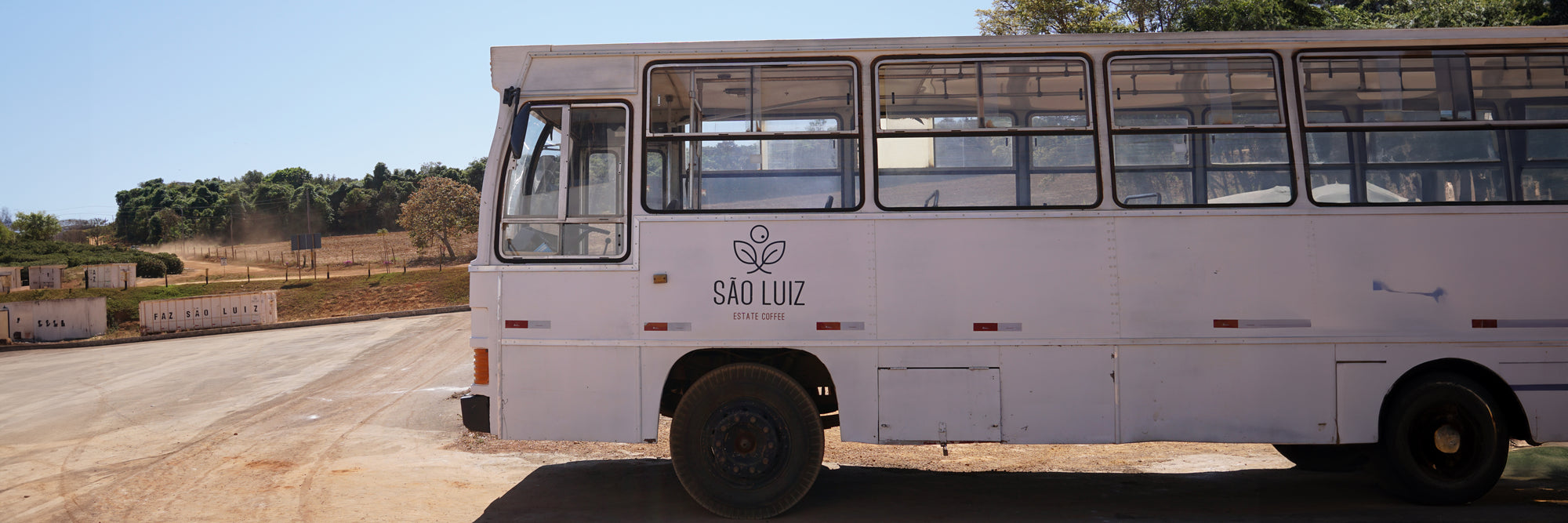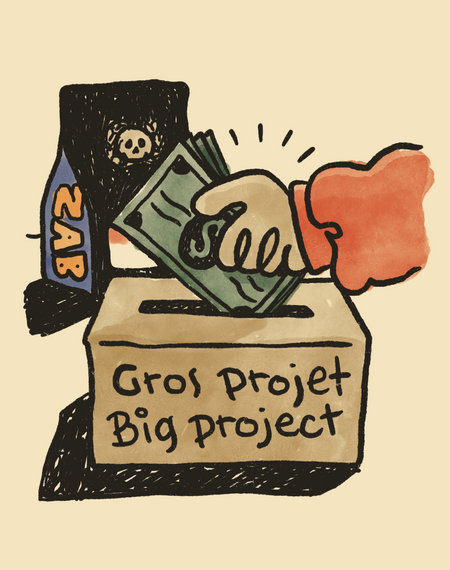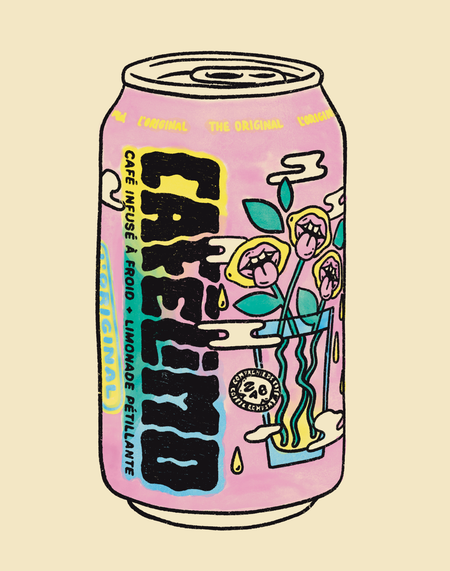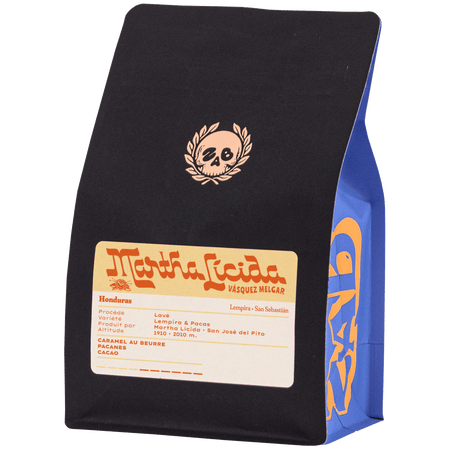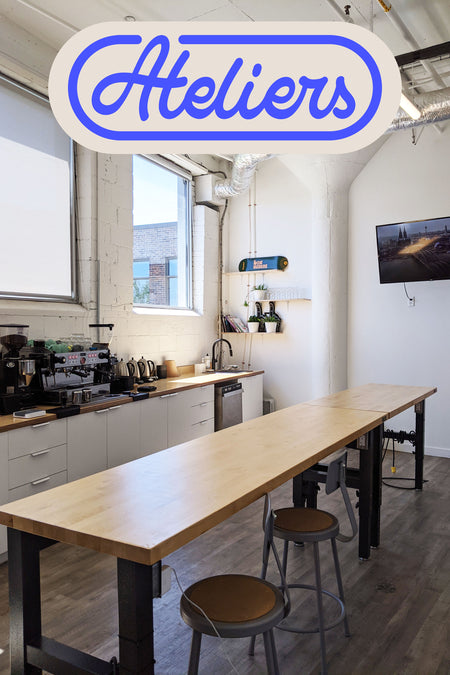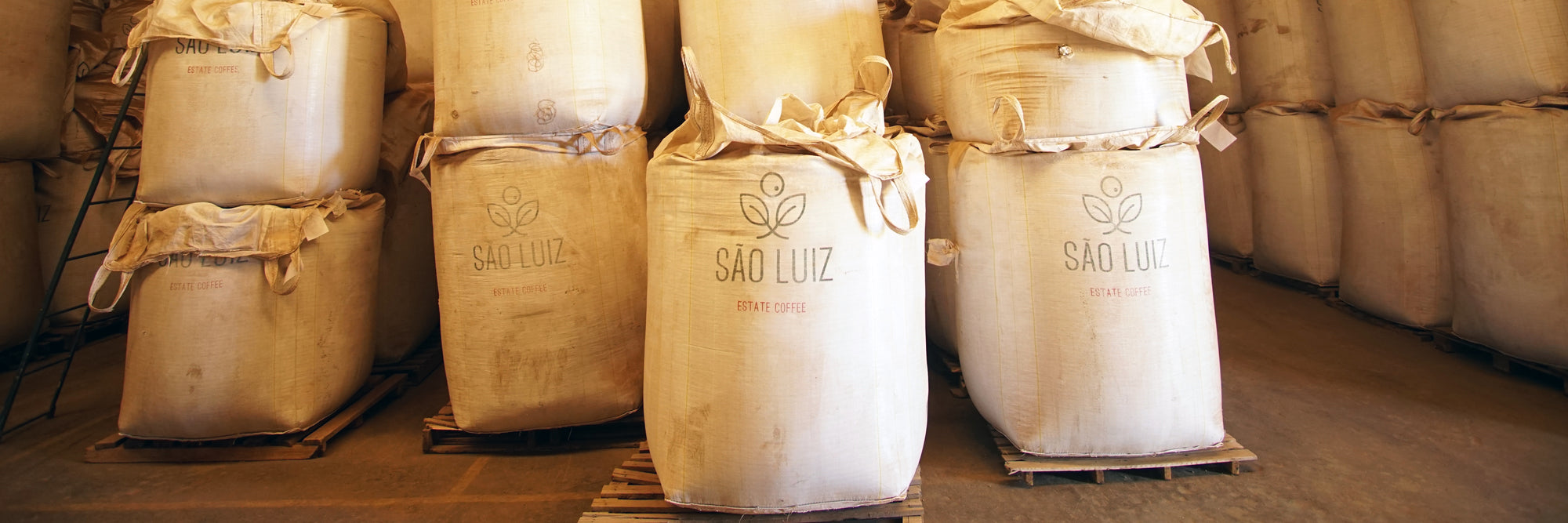
Carmo deParanaíba, Cerrado Mineiro, Minas Gerais, Brésil
Relationship : 6 years
The São Luiz farm is both rooted in history and forward-looking, with over fifty years of experience in the coffee industry. The São Luiz team has traced a path in Cerrado Mineiro, a young coffee-producing region in Brazil. The family's story began with Manoel Velloso dos Reis, who took over his father's land and envisioned the potential of coffee cultivation. His son, Fausto do Espírito Santo Velloso, then took the reins and began investing in quality coffee. Today, Fausto is gradually passing on the reins to his children, Ana Cecilia and Lúcio Gondim.
The reputation of Cerrado Mineiro for coffee has largely been shaped by the work done at the São Luiz farm. Pioneers in the region, they were the first to implement the "pulped natural" process twenty years ago, significantly improving the quality of their beans and contributing to the rise of Brazilian coffee in the specialty coffee sphere. Now certified as an "Appellation of Origin," coffees from this region in the state of Minas Gerais are more easily traceable, offering great transparency regarding origin, producers, and production methods.
Ana left a career in marketing to join the family business, bringing an understanding of market expectations. Lucio, trained as an agronomist, has remained at the helm of production. Together, they form a perfect duo of curiosity and skill, representing an excellent example of the future of specialty coffee. They now manage 330 hectares of coffee trees, producing an average of 13,000 bags of green beans a year, half of which meet the criteria of specialty coffee. They acknowledge that the quality of their beans is attributable to the richness of Cerrado Mineiro’s terroir and the hard work of their dedicated team, some of whom have been collaborating with the family for over 20 years, constantly striving to strengthen and modernize their practices.
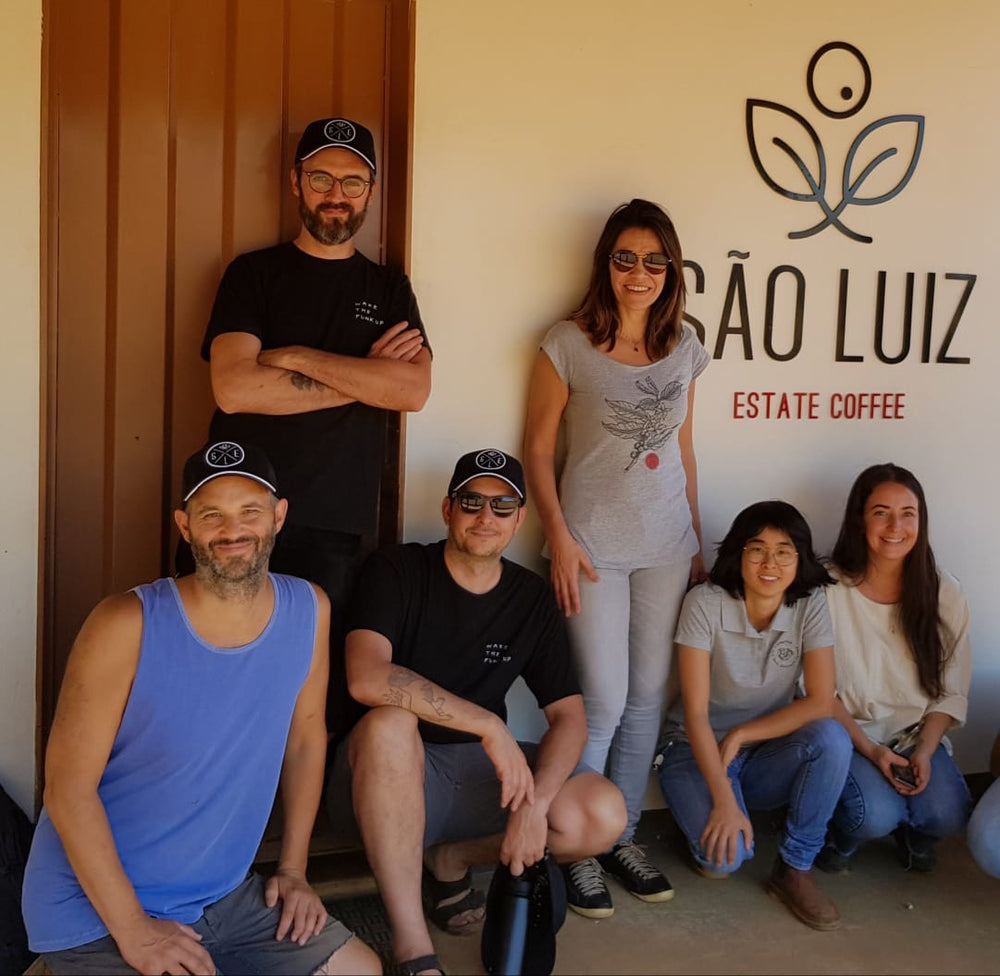
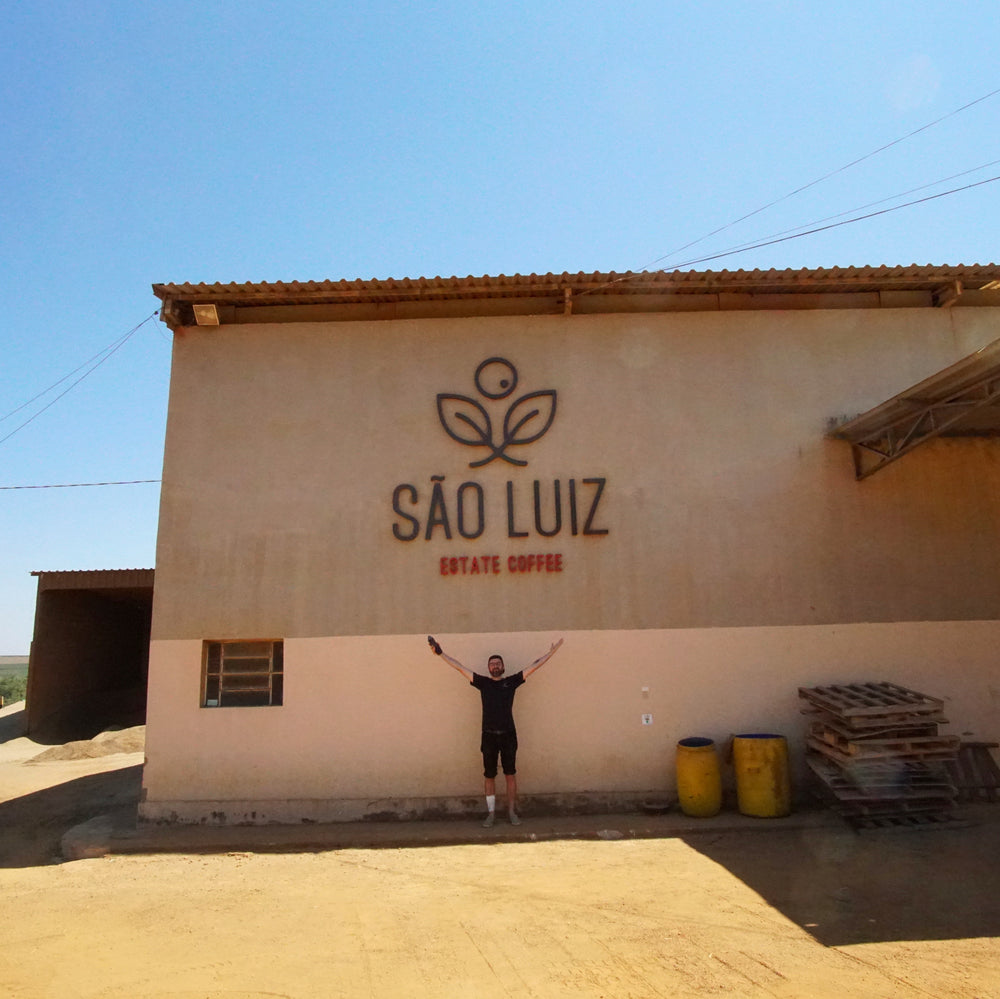
Regional Context
Brazil stands out for its unique character, difficult to compare with other coffee-producing countries. As the world's leading exporter, it supplies nearly half of the world's population with coffee. Its farms are vast, production volumes impressive, and the use of agro-industrial machinery widespread.
Long considered a producer of commercial coffee rather than specialty coffee, Brazil is witnessing the emergence of a new generation of producers who are challenging this perception. University graduates and often urbanites, the sons and daughters of farmers are returning to family farms to help their baby-boomer parents prepare for retirement. With an innovative vision, they strive to demonstrate that specialty coffee production is not only viable but also in high demand on the market.
Convincing parents that this new approach is not just a youthful whim remains a challenge. After decades of success with traditional methods, it is difficult to take the specialty coffee turn seriously. Nevertheless, successes are multiplying and gradually reinforcing the argument for specialty coffee, leading to a notable increase of its production.
